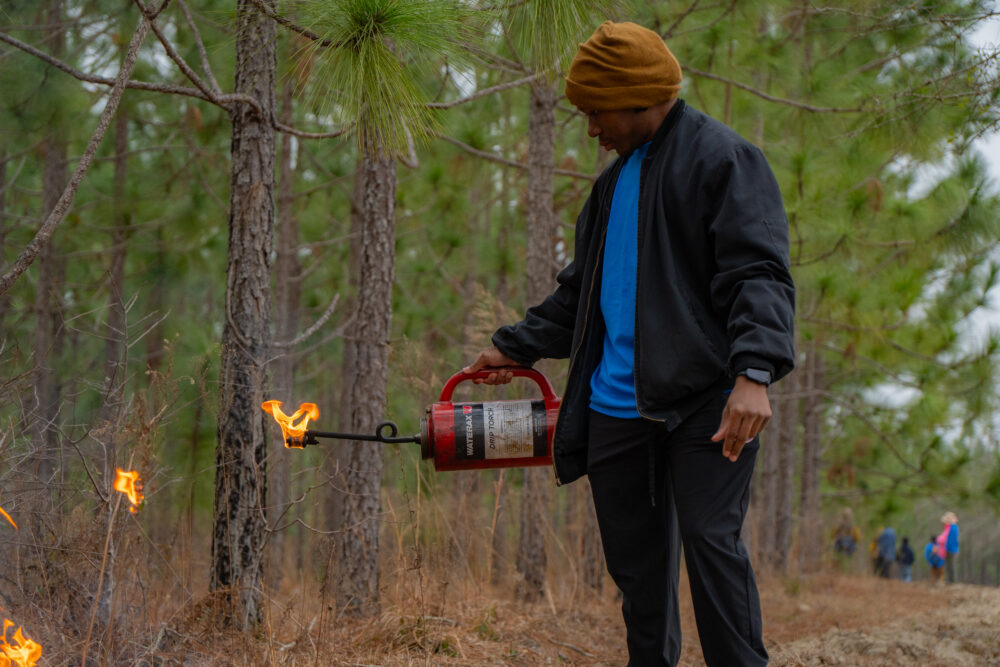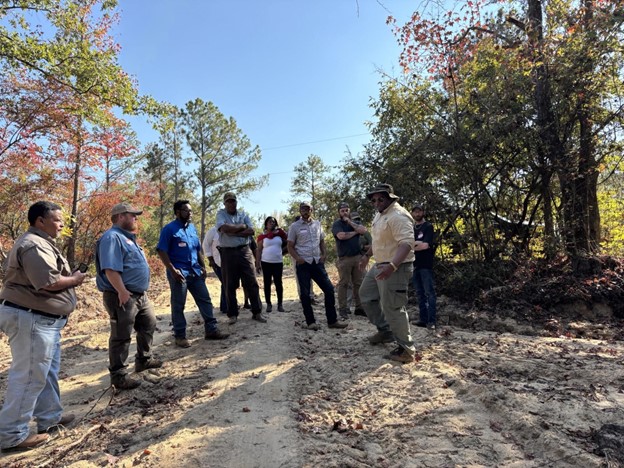We have much more to do and your continued support is needed now more than ever.
Guilt-free indulgence: A guide to buying sustainable and ethically sourced chocolate

The Chocolate Scorecard can help you to differentiate between companies that make good chocolate and those that simply make chocolate.
If you love chocolate like me, you may be buying it this month since April takes the crown for chocolate consumption in the US. This time of the year, the US candy industry makes $4 billion in sales, 70% being chocolate, and experts predict that between 2021 and 2030, the market for cocoa and chocolate will grow at an average rate of 4.6% each year.
Most of us love chocolate for its unique taste and ability to boost our mood but it can also be part of celebrations and give us an excuse to treat ourselves. However, the not-so-good side is that chocolate production is linked to social and environmental harm such as poverty, child labor, and deforestation. Have you ever wondered what goes into your chocolate and how it’s sourced? Do you know how your favorite chocolate brand ranks for labor and environmental practices and policies? If you don’t know, don’t worry – we got you!

The new 2023 Chocolate Scorecard provides consumers with valuable information about the socio-environmental impacts of chocolate makers and cocoa traders. The scorecard, created in collaboration between Be Slavery Free, Macquarie University, The University of Wollongong, and the Open University, and with the support of civil society groups, including NWF, surveyed 38 leading global chocolate companies and 18 of the largest retailers, and ranked and graded them according to 6 key sustainability issues: traceability and transparency, deforestation, living income, child labor, agroforestry, and use of agrichemicals.
And the award goes to…
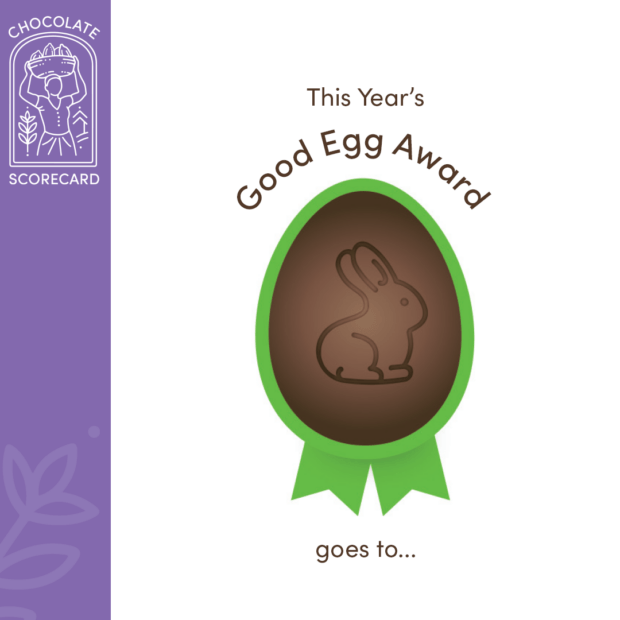
The 2023 Good Egg Award is for Original Beans and Tony’s Chocolonely for their bold approach to regenerative agriculture and multi-stakeholder collaborations, respectively. In addition, 5 of the companies and 3 of the retailers assessed were awarded the green “good egg” prize for exemplary practices.
At the other end of the scale, the Rotten Egg Award goes to General Mills and Walmart for their lack of public policies and commitment for their cocoa procurement. Also, 6 chocolate producers and 2 retailers received the “rotten egg” award, and several well-known brands, such as Unilever (umbrella brand of Magnum ice cream), fell into the broken egg category as they declined to respond to the survey.
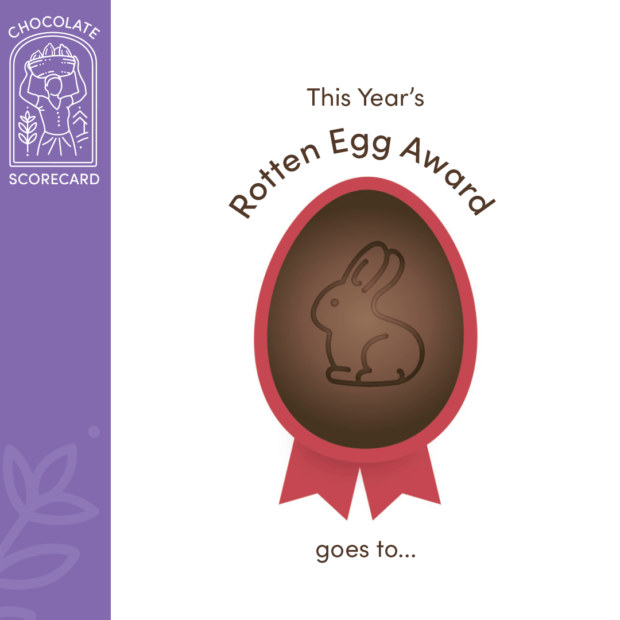
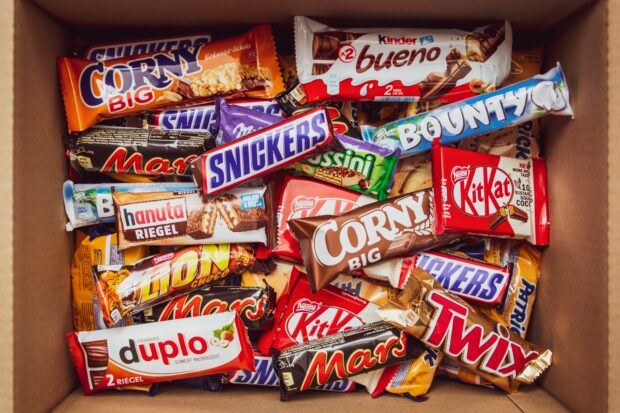
Breaking the Mold: How chocolate companies can transform their industry
This scorecard sets the record straight on greenwashing versus real action by revealing companies’ under-performance in the cocoa industry. Despite decades of voluntary industry commitments, child labor, poverty, and deforestation are still widespread in this sector. The good news is that recently, more companies are turning the tide to bring chocolate that is good for people and the planet to your table. Here is what chocolate companies leading the change are doing well:
Monitoring Deforestation
Technology is our ally in measuring deforestation. Thanks to advances in satellite monitoring, companies have greater visibility of cocoa farming locations, making it easier to identify where deforestation is occurring and source from verified deforestation-free zones. Geographical information can also be used to monitor the impact and progress of reforested cocoa farms and those that have adopted agroforestry systems (integrating trees and shrubs into a crop).
Traceability and Transparency
Approximately half the cocoa we consume in our chocolate probably can’t be traced back to the farmer that grew it. Cocoa’s journey from the farm to your store shelf involves numerous intermediaries, forming a complex and intricate supply chain that resembles a spider web more than a linear path. For that reason, achieving traceability, the ability to pinpoint the origin of a product and follow its movements through the whole supply chain, from farm to table, remains a huge challenge. But it is not impossible. By putting resources into new software systems, some companies like Tony’s Chocolonely are able to know which farmers supplied what percentages of each shipping container of cocoa beans arriving at their factory.
Collaboration
Several international commitments have been established to achieve sustainable cocoa production and to protect and restore forests, such as The Cocoa and Forests Initiative (CFI), which has been warmly received by the governments of Côte d’Ivoire and Ghana (the top two cocoa producers in the world) as well as leading chocolate and cocoa companies.
And not only companies and consumers are shifting to deforestation-free chocolate, some countries are taking responsibility for their role in importing products linked to forest loss. The European Union has taken a bold stance by introducing a regulation that will require due diligence by companies to ensure the products EU citizens consume (beginning in 2024) do not contribute to deforestation worldwide.
Small Steps you can take to Make a Big Difference
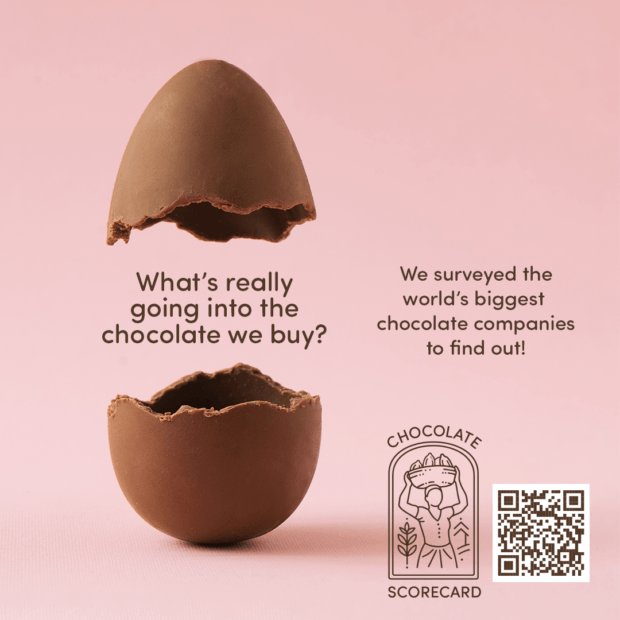
Make your chocolate purchase count! Choose consciously and enjoy a delicious treat that supports sustainable forestry and the farmers who produce it.
Check and share the 2023 Chocolate Scorecard – chocolate won’t be your guilty pleasure anymore.












